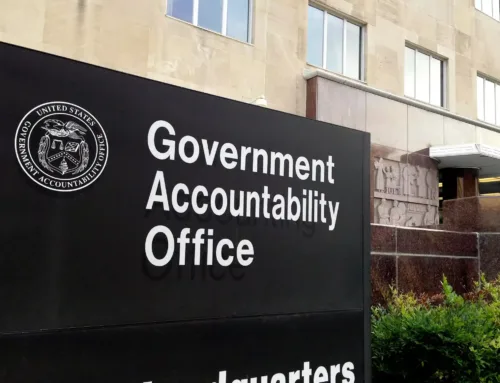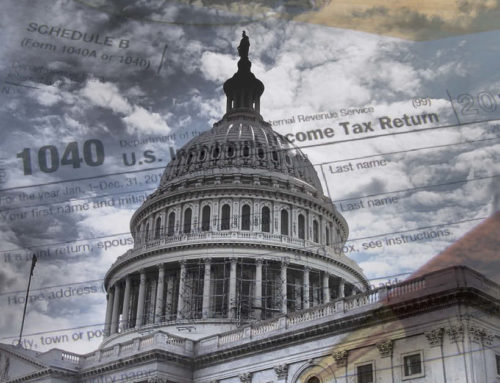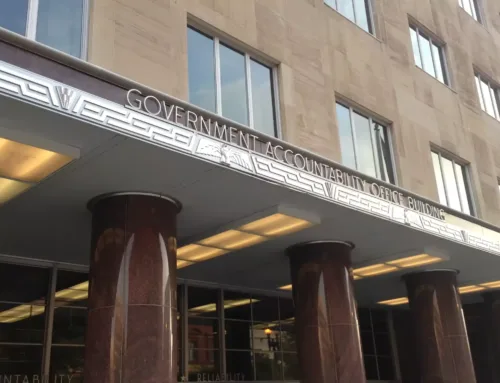Everybody knows that for competitive sports to be fair, you have to have an impartial referee. Couple that with the notion that politics is the most competitive of sports and the old saw that figures lie and liars figure, and you realize having a budget ref is vital for taxpayers.
The Congressional Budget Office (CBO) was created in 1974 to be an independent congressional counterweight to the Executive branch’s Bureau of the Budget (now Office of Management and Budget – OMB). CBO has served the country and Congress well over the years, although it has been treated with the disdain reserved for refs, too. Lawmakers cheer when the budget calls go their way and jeer when they don’t. But like an ump calling balls and strikes, you just want the budgetary strike zone to be the same for everybody. Most agree that CBO has been pretty (maybe frustratingly) even-handed over time.
That’s why the recent efforts to denigrate the CBO’s budget calls are so disappointing and even dangerous. One of the key factors in the health care debate was the cost over the 10-year budget window (which we agree was too short and we support the new House majority’s efforts to extend budget windows to 40 years). But all CBO can do – and should do – is look at what the legislation says it will do, what current law is, and estimate the costs or savings associated with the two. CBO can’t try to read the political tea leaves to determine what Congress may do in the future, or has a track record of doing.
We know there are a lot of gimmicks that lawmakers can pursue to try to game the system or trick the ref. Using budgetary smoke and mirrors, they can shift a proposal’s timing to bring in revenue sooner and costs later, shifting some of the long term cost outside the budget window without really changing the bottom line. Or phase in changes so that the ultimate long-term cost is hidden. Or plan on politically painful budget cuts that common sense dictates Congress will never allow. Let’s look at that last one for example.
House Republicans are howling about the estimated $230 billion cost assigned by CBO to their recently passed health care repeal. One of the major criticisms is that the cost containment mechanisms the health care bill put on Medicare are not politically tenable or realistic. They’re probably right. But as of now, these cost containment mechanisms are the law of the land and we shouldn’t expect CBO to become a budgetary fortune teller . As long as they call the shots even handed, then it’s up to Congress to live by those calls. Stop shooting the messenger.
One of the worst responses is the idea of letting lawmakers be the final arbiter of cost. Congress used to do a lot of that, it was called “directed scoring” and they could tell the CBO, that while the legislation’s color may look yellow it is in fact blue. It’s like changing the tags in your clothes from a large to small and arguing that you lost weight. Maybe in your mind, but scales don’t lie.
Congress needs to stop bashing CBO scores and figure out ways to get real savings on the books. To tackle our deficits, we need less spending and more revenue. And less whining about the budget calls. If you do things right, the refs don’t matter.
###
TCS Quote of the Week:
“We’re going to have to deal with it as adults; whether we like it or not, the federal government has obligations and we have obligations on our part. And so we’ll have a long time over the coming months to discuss that issue and how we might move such an issue, but those conversations haven’t started yet.”
– House Speaker John Boehner (R-OH) referring to the deficit ceiling as a major test for the newly elected GOP. Politico










